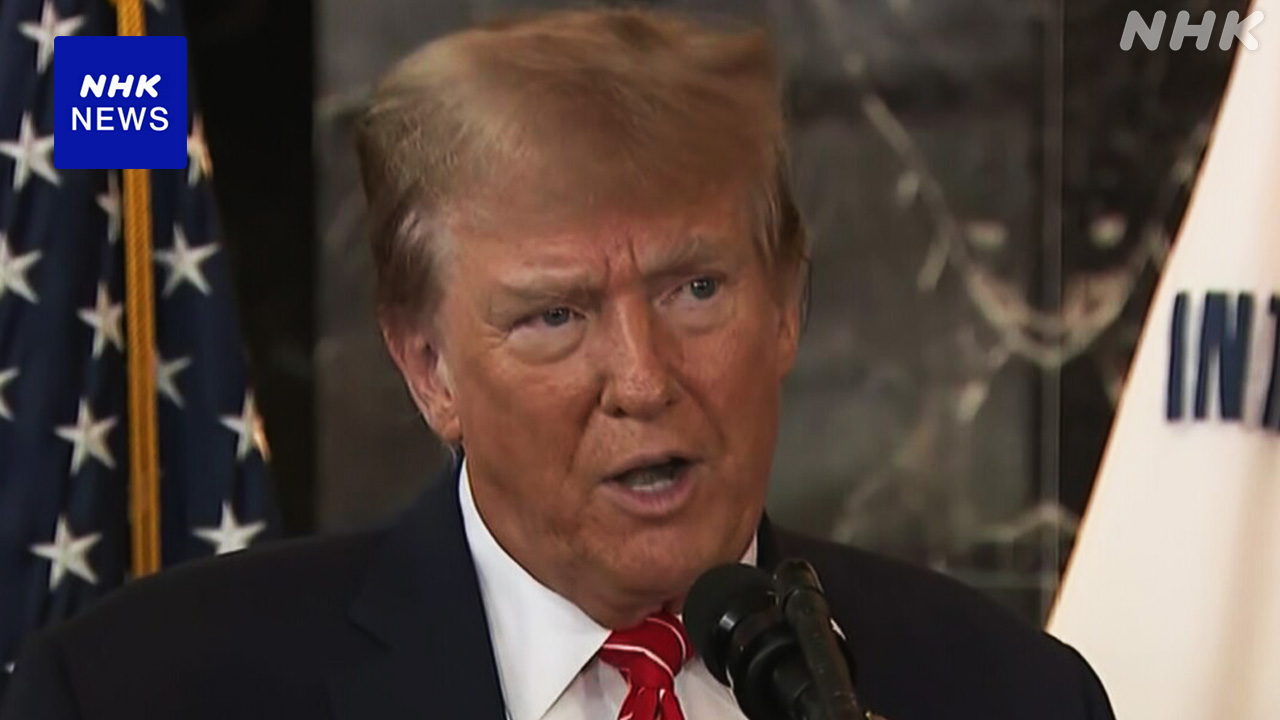Former President Donald Trump, who was indicted for invading the U.S. Congress three years ago, has appealed his second federal appeal in a court case in which he had argued that his actions as president while in office were not criminally responsible. Following the first instance, the court rejected Trump's appeal.
Former President Trump has been charged with attempting to overturn the results of the presidential election held the previous year in connection with the invasion of the US Congress three years ago.
Regarding this indictment, Mr. Trump filed a lawsuit claiming that his actions as president during his term of office were not subject to criminal liability and that presidential immunity applied. had rejected the complaint.
Mr. Trump appealed this decision, but on the 6th, the federal appeals court in Washington, D.C., ruled that ``Mr. Trump will be treated as a citizen, just like the defendants in other criminal cases. The second court also rejected Mr. Trump's lawsuit, stating that the immunity granted to him does not apply.
In response to the ruling, the Trump campaign issued a statement saying, ``If immunity does not apply to presidents, all presidents would be subject to indictment by opposing political parties after they leave office.'' I have indicated my intention to appeal.
Due to the ongoing dispute over whether Mr. Trump has immunity, there is no prospect that his first trial for the storming of the U.S. Capitol will be held.

